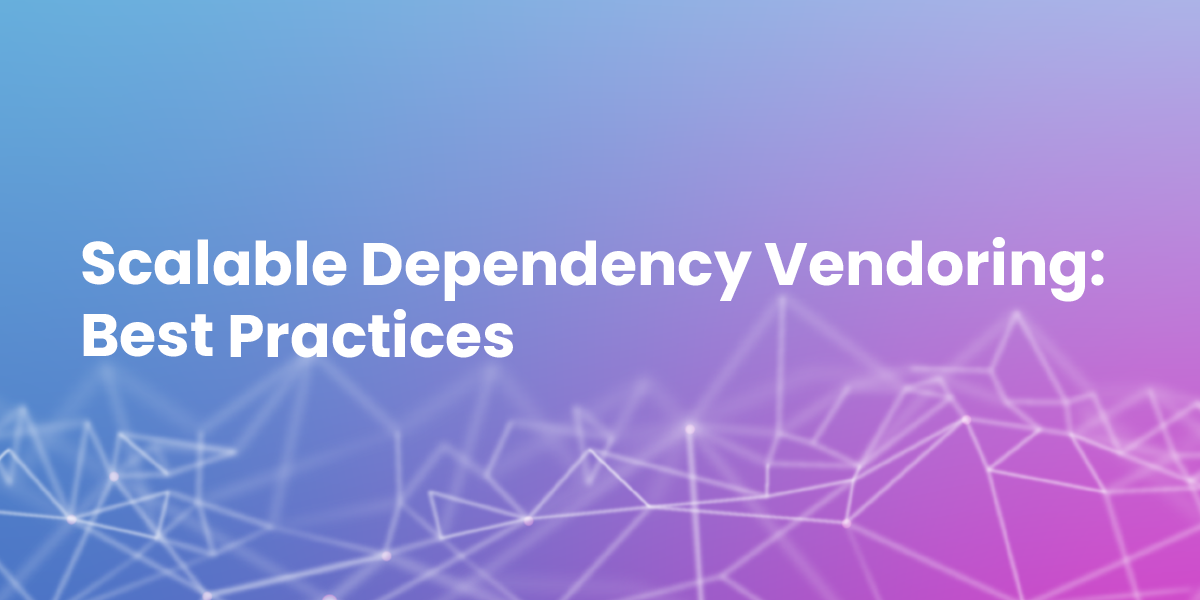White Paper: Scalable Dependency Vendoring
DevOps teams often settle for self-vendoring – the practice of including third-party source code directly into their product’s codebase – as the “least worst” way to manage open source dependencies.
However, the work of self-vendoring, such as resolving dependency conflicts and vulnerabilities, can be a huge drain on developers, whose time is better spent on creating new features and functionality. And while automation tools exist, they often create larger workload challenges than they solve, and don’t cost-effectively scale across teams using diverse technology stacks.
This white paper explores the challenges of self-vendoring for Python and other open source languages, and how outsourcing with a trusted provider can minimize the time and resources spent on dependency management.
Learn about:
- Existing dependency management solutions
- Pros and cons of self-vendoring
- Dependency vendoring best practices
- How managed distributions can ensure your environments are up-to-date, consistent and secure across your SDLC.
Check out these additional resources to learn more about addressing the challenges of open source dependency vendoring:










